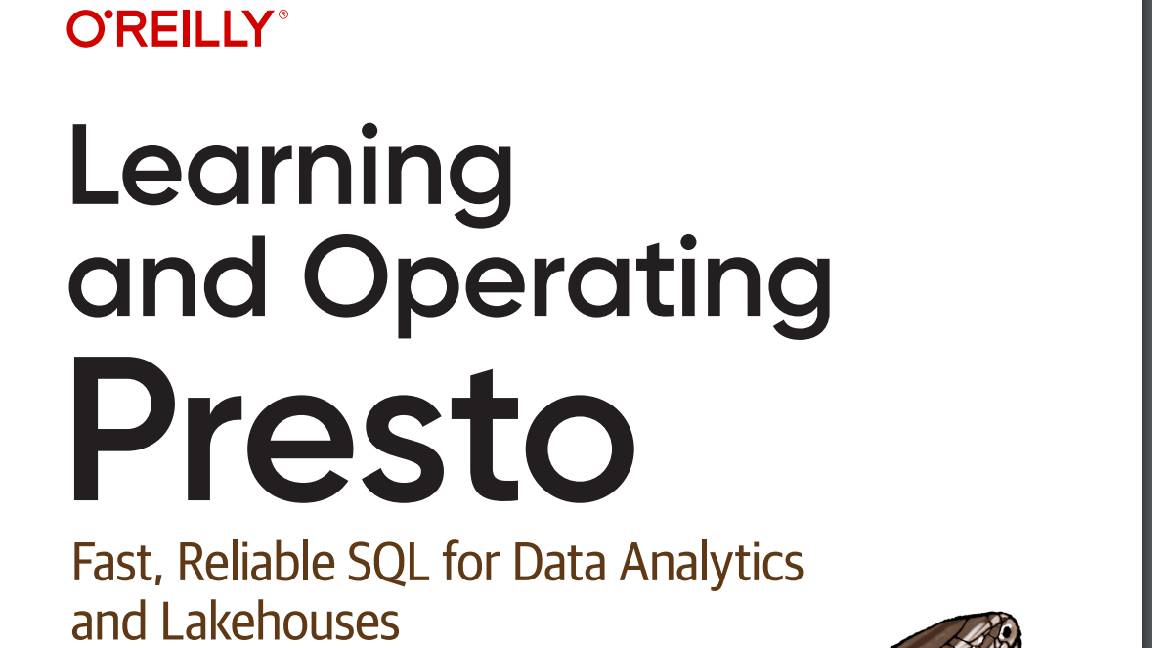Mandiant exec thinks AI could boost diversity in cybersecurity
The technology could remove certain barriers to entry and open up the industry to a wider mix of people


Improved diversity could be an unexpected advantage of AI in the cybersecurity profession, according to an exec from Mandiant.
Stuart McKenzie, managing director of Mandiant Consulting, EMEA, told ITPro that AI may automate entire skill sets out of cybersecurity job requirements, thereby changing the hiring metrics.
At some point down the line, he said, the cybersecurity industry will be more focused on staff with investigative or security-focused mindsets, rather than staff with certain technical skills that can be automated.
Through automation, AI will remove some of the barriers standing in the way of getting people into cyber, and employers will be able to draw in those who may have naturally fallen by the wayside.
“I have two girls - girls are not encouraged to do STEM, they're kind of pushed further and further away,” McKenzie told ITPro at a roundtable event for Google Cloud Summit London.
“That means that they probably don't want careers in cybersecurity, because we say, ‘Well, you haven't got a maths background, you haven't got something else,’” he added.
Eventually, McKenzie thinks, employers won’t be concerned about these sorts of skills, as AI will meet the need - “We won't be saying to someone, ‘are you able to competently code Python?’” he said.
Sign up today and you will receive a free copy of our Future Focus 2025 report - the leading guidance on AI, cybersecurity and other IT challenges as per 700+ senior executives
“We're much more interested in the higher functions of thinking differently, of investigating.”
This will give cybersecurity practitioners the advantage by driving a more diverse workforce able to think differently about issues, he added.
“Bringing more women or more underrepresented groups into cybersecurity has got to be a good thing. Thinking differently is how we solve this problem, and it's how we stop attackers,” McKenzie said.
“It means that we can bring in people who think differently, which will give the defenders a better advantage,” he added.
RELATED WHITEPAPER

The tools certainly seem to be keeping pace with McKenzie’s prediction. AI-enhanced coding assistants, for example, are drastically increasing productivity in development.
AWS CEO Matt Garman even said that a lot of developers won't be coding at all within two years, instead freeing up time for these professionals to fulfill their true purpose - innovating.
It’s not difficult to imagine the same theories holding true for cybersecurity. The tools could automate elements of the cyber professional workflow while freeing up time for other ones.

George Fitzmaurice is a former Staff Writer at ITPro and ChannelPro, with a particular interest in AI regulation, data legislation, and market development. After graduating from the University of Oxford with a degree in English Language and Literature, he undertook an internship at the New Statesman before starting at ITPro. Outside of the office, George is both an aspiring musician and an avid reader.
-
 I couldn’t escape the iPhone 17 Pro this year – and it’s about time we redefined business phones
I couldn’t escape the iPhone 17 Pro this year – and it’s about time we redefined business phonesOpinion ITPro is back on smartphone reviews, as they grow more and more intertwined with our work-life balance
-
 The gig economy: Past, present, and future
The gig economy: Past, present, and futureFeature The rise of the gig economy represents a new era of flexible working despite being plagued with controversies